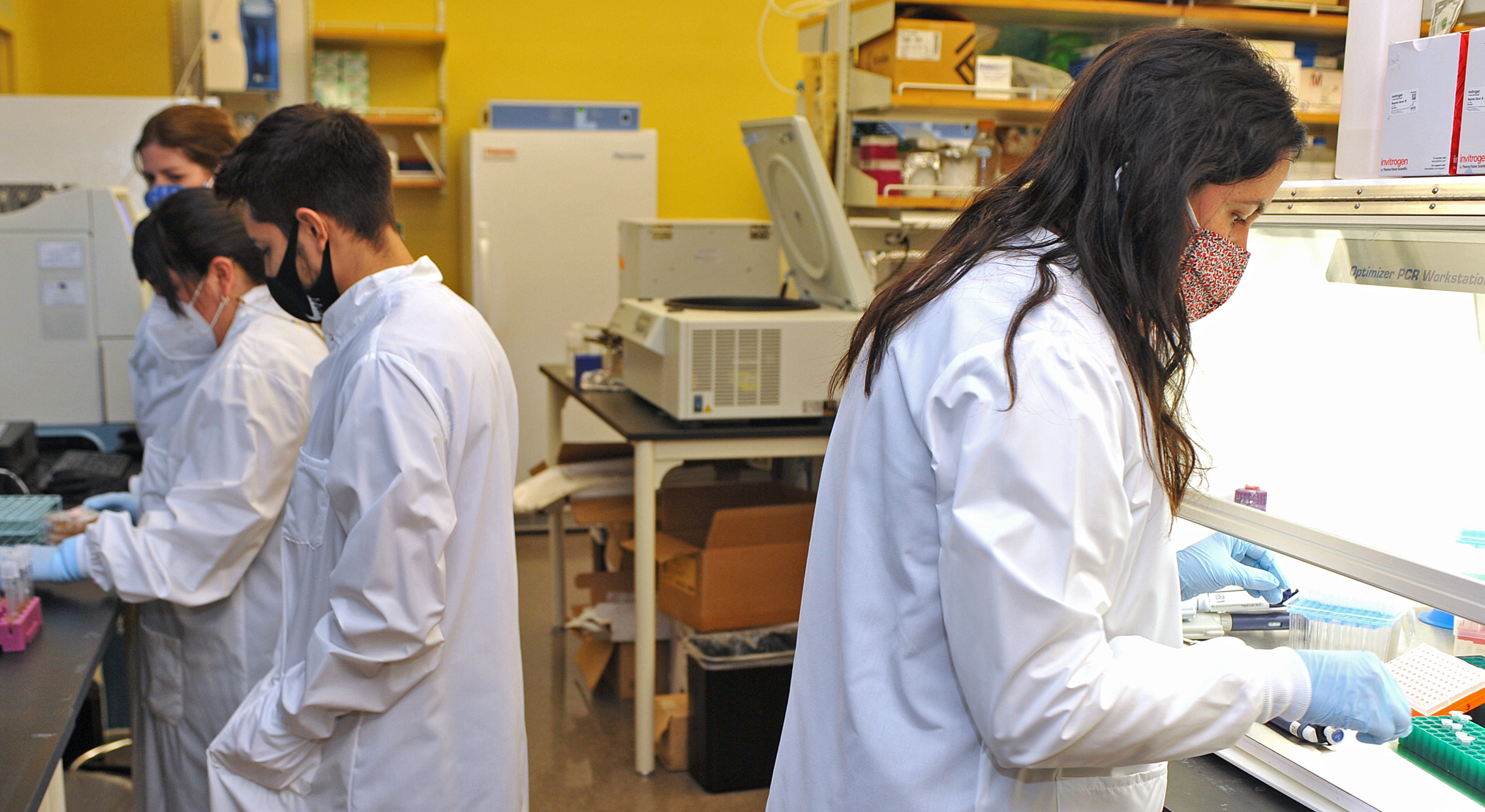
Antimicrobial Resistance
Antibiotic resistant bacteria are a major threat to human health—and the problem is global. Scientist at the Allen School are taking many approaches with global partners to help solve this complex problem. Our research may provide new technology and inform policy decisions to help control the emergence and spread of antibiotic resistance worldwide.
Our scientists conduct research on the transmission of resistant bacteria, including into how it spreads among animals and humans and maintains its resistance to antibiotics, and to identify reservoirs, such as untreated water or soil, that can harbor resistant bacteria.
Work in Maasai communities of northern Tanzania, for example, indicates that bacteria-contaminated milk is a significant risk factor for carriage of antibiotic resistant bacteria, which offers the opportunity to intervene in milk handling and hygiene practices.
Our initiative partners
- The Universidad del Valle de Guatemala and the Centers for Disease Control and Prevention (CDC) to develop an antimicrobial-resistance surveillance platform to identify globally where and how antibiotic resistant bacteria emerge, persist, and spread.
- The International Centre for Diarrhoeal Disease Research, Bangladesh (icddr,b) to find effective ways to control antimicrobial resistance using a One Health approach.
- At the Nelson Mandela Institution in Arusha, Tanzania, research is conducted to better understand how resistant bacteria move between animals and between humans and animals.
- Washington Global Health Alliance to catalyze development of a coalition of eight leading hospitals, universities, and nonprofit health organizations that addresses the challenges of resistance using an integrated global to local approach.
- With hospitals and health ministries in key countries to conduct surveillance on antibiotic use and its impact on development of resistance and to provide tools to block resistance at its source, prior to global spread.
Antimicrobial resistance news
Antimicrobial resistance in the news
Questions about giving? Contact Lynne Haley or 509-335-5021.


